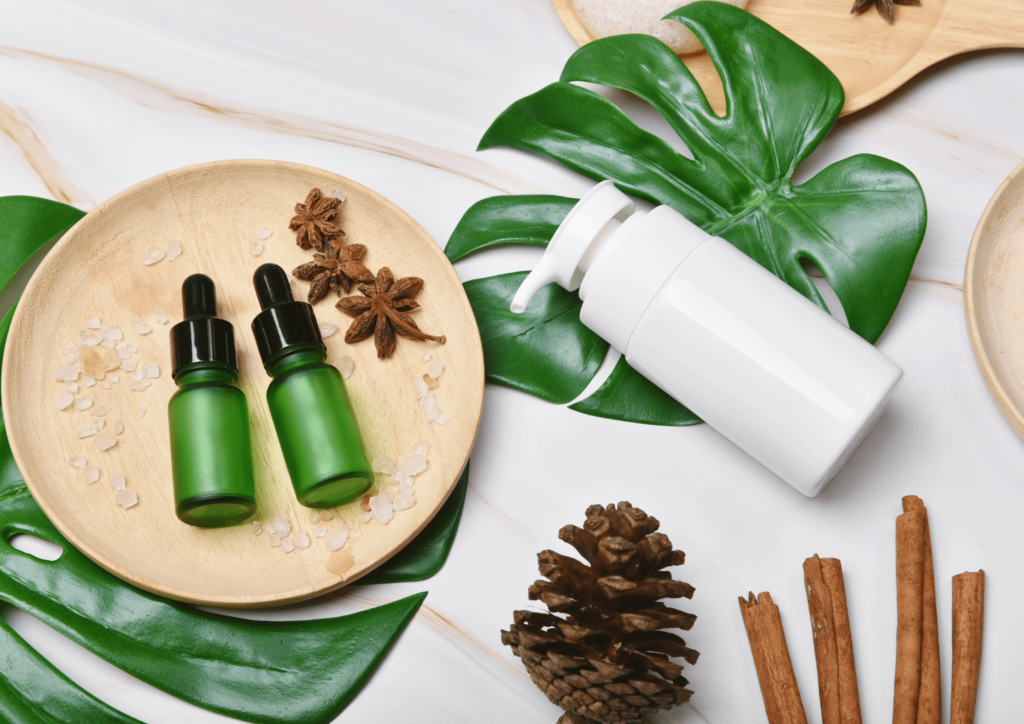Greenwashing in the Cosmetics Industry: A Deceptive Practice

As consumers become increasingly environmentally conscious, many companies are attempting to capitalize on this trend by promoting their products as “green” or “natural.” However, the cosmetics industry has been accused of “greenwashing” – a deceptive practice of making exaggerated or false claims about the environmental benefits of their products. In this article, we will discuss what greenwashing is, how it impacts the cosmetics industry, and what you can do to avoid falling victim to these misleading marketing tactics.
What is Greenwashing?
Greenwashing is a marketing tactic used by companies to make their products appear more environmentally friendly than they actually are. The term was first coined in the 1980s by environmentalist Jay Westerveld, who noticed that hotels were encouraging guests to reuse their towels to save the environment while ignoring larger issues like their use of energy and water.
Greenwashing can take many forms, such as using vague or unverified environmental claims, using irrelevant certifications, or even making outright false claims. For example, a cosmetics company may advertise its products as “all-natural” or “chemical-free,” but the reality is that there is no standard definition for these terms, and the products may still contain harmful chemicals.

The Impact of Greenwashing in the Cosmetics Industry
The cosmetics industry is a massive market, with consumers spending billions of dollars on products every year. As consumers become more aware of the environmental impact of their purchases, many cosmetics companies have attempted to appeal to this trend by promoting their products as “green” or “natural.”
However, many of these claims are unsubstantiated or outright false, leading to consumer confusion and mistrust. For example, a survey by the environmental organization Greenpeace found that many cosmetics companies were making misleading claims about the biodegradability of their products, leading consumers to believe that they were more environmentally friendly than they actually were.
The issue of greenwashing is not just a matter of false advertising. It can also have serious environmental consequences. For example, a cosmetics company that promotes its products as “natural” may be using unsustainable farming practices or contributing to deforestation in order to source its ingredients.
What Can Consumers Do?
The best way for consumers to avoid falling victim to greenwashing is to be informed and to do their research. Here are some tips to help you make informed purchasing decisions:
- Look for third-party certifications: Third-party certifications, such as the USDA Organic or the EcoCert certifications, can be a reliable indicator that a product meets certain environmental standards.
- Read the label: Look for products that list all their ingredients and avoid products that contain harmful chemicals, such as parabens or phthalates.
- Do your research: Look up the company’s environmental track record and read reviews from other consumers.
- Be skeptical of vague claims: Be wary of products that make vague or unverifiable environmental claims, such as “chemical-free” or “all-natural.”
- Choose reusable and refillable products: Whenever possible, choose products that come in reusable or refillable packaging, as this can reduce waste and save resources.

Conclusion
Greenwashing in the cosmetics industry is a deceptive practice that can mislead consumers and have serious environmental consequences. As consumers become more environmentally conscious, it is important to be informed and to do your research before making purchasing decisions. By looking for third-party certifications, reading labels, doing your research, being skeptical of vague claims, and choosing reusable and refillable products, you can help avoid falling victim to greenwashing and make more environmentally responsible choices.
